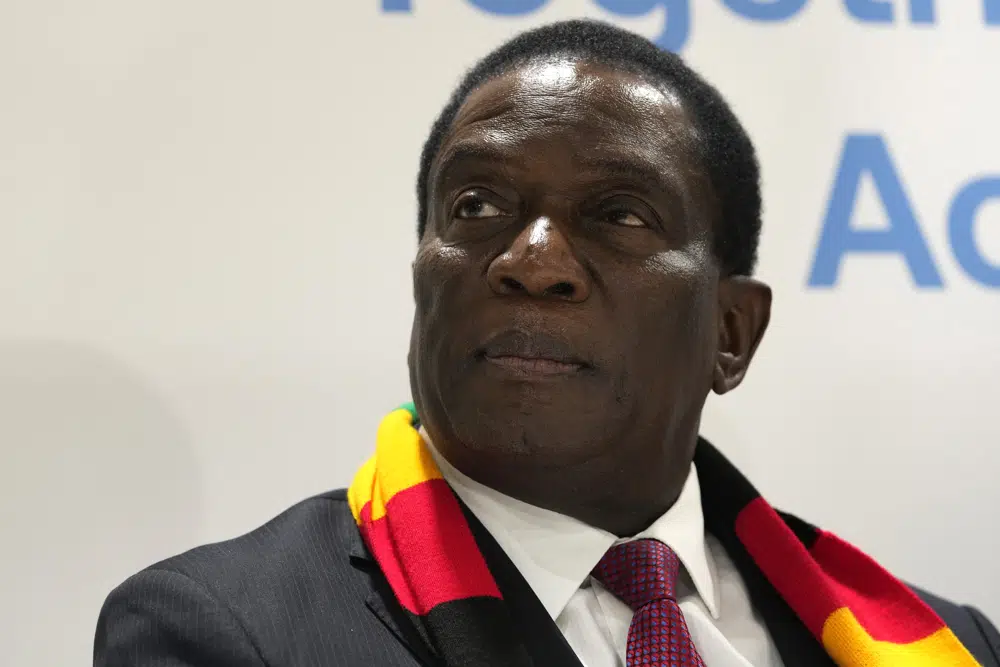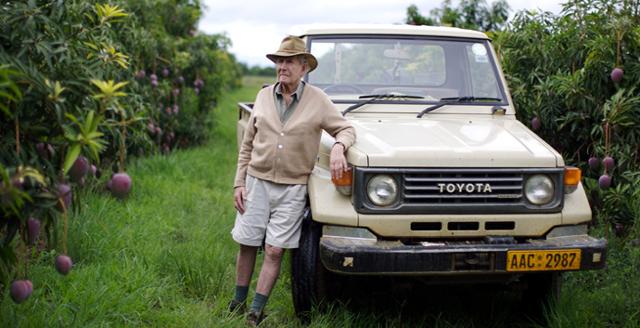HARARE – Zimbabwe says it is considering joining BRICS, a move authorities hope would allow the economically distressed country to forge alliances and open more trade corridors with a global bloc comprising Russia and China.
Foreign Affairs Ministry spokesperson Livit Mugejo confirmed this in an interview Thursday.
“Yes, Zimbabwe is considering joining BRICS, a group of likeminded States like us,” Mugejo said.
BRICS is an acronym denoting emerging national economies bloc of Brazil, Russia, India, China and South Africa.
Countries under the bloc account for 31.5 percent of global GDP, while the G7 share has fallen to 30 percent.
Zimbabwe, which has not received IMF financing in more than two decades, is desperate to land alternative lines of credit to shore up its fragile economy.
The country has also seen trade avenues blocked under a US-European sanctions regime imposed soon after the turn of the century in response to poll fraud, rights abuses and unbridled corruption when the country was under late former President Robert Mugabe.
The countries have placed a return to democratic rule as a condition for the removal of the measures against their former ally.
However, Russia and China have not imposed any trade conditions against Zimbabwe, something seen as a pull factor to the troubled country forging alliances with a bloc in which the two nations wield great influence.
Added Mugejo, “The good thing is that Zimbabwe has good and strong relations with all the member states of the BRICS.
“We also believe we have a lot to offer to the group in terms of our rich endowment in minerals.”
BRICS nations established the New Development Bank (NDB) in 2014 as an alternative to the World Bank and the International Monetary Fund.
In addition to launching NDP, BRICS established a liquidity mechanism known as the Contingent Reserve Arrangement (CRA) to assist members experiencing payment difficulties.
With Egypt, the United Arab Emirates, Uruguay, and Bangladesh joining the NDP in 2021, the CRA offers are attracting developing countries.
During a state visit to the NDB headquarters in Shanghai, China on Thursday, Brazil’s President Lula da Silva stated that the NDB was the result of a collaboration among BRICS countries to create a world with less poverty, inequality, and sustainability.
















